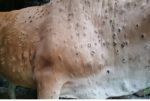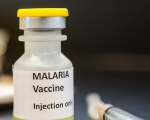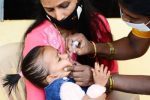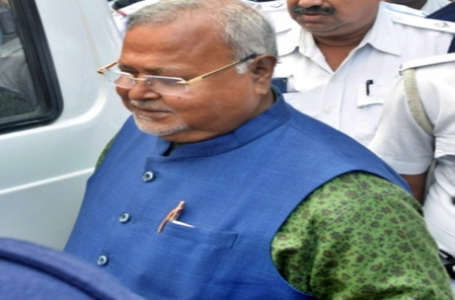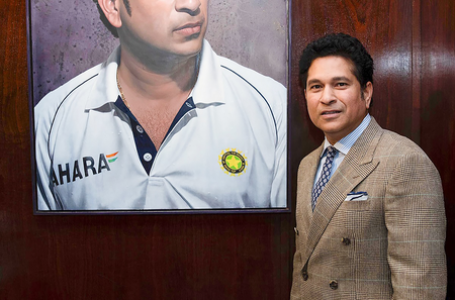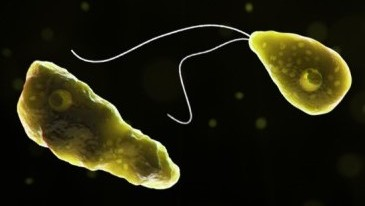
Malappuram (Kerala): A 47-year-old man from Malappuram district in northern Kerala died of amoebic meningoencephalitis, marking the sixth death from the fatal infection caused by a brain-eating amoeba in the state in the month.
Shaji, a native of Chelempra Chaliparambu in Malappuram district, was admitted to the Kozhikode Medical College Hospital (KMCH) on August 9 after his condition deteriorated.
This marks the second death from the infection this week and the sixth within a month.
Shaji had liver-related ailments and did not respond to the prescribed medicines during this period, a local media report quoted health officials as saying.
Health officials confirmed the death on Wednesday night, stating that the source of his infection has not yet been traced.
This latest casualty follows the death of a woman from Vandur, also in Malappuram district, earlier this week due to the same infection at the KMCH.
Meanwhile, two patients — a 10-year-old girl and a woman– have tested positive for the brain infection on Wednesday after tests.
With this, the health officials said that a total of 10 amoebic meningoencephalitis patients have been undergoing treatment at various hospitals, including KMCH, for over one month, in which the condition of one patient is said to be critical.
The inability to trace the source of the amoeba has hampered health officials’ efforts to control the infection in the state, particularly in the northern region, where six deaths, including a three-month-old infant and a nine-year-old girl, have been reported over the past month.
The successive deaths have prompted health authorities to intensify monitoring and public awareness campaigns about the disease, which is typically caused by a waterborne amoeba.
Amoebic meningoencephalitis is a serious brain infection caused by a free-living amoeba, most often ‘Naegleria fowleri’.
According to health officials, the organism enters the body through the nose when a person swims or dives in contaminated freshwater. It then travels to the brain, leading to swelling and tissue destruction.
The illness is not contagious and cannot be contracted through drinking contaminated water. Some experts have linked the recent rise in cases to climate change and closer environmental monitoring.
–IANS










